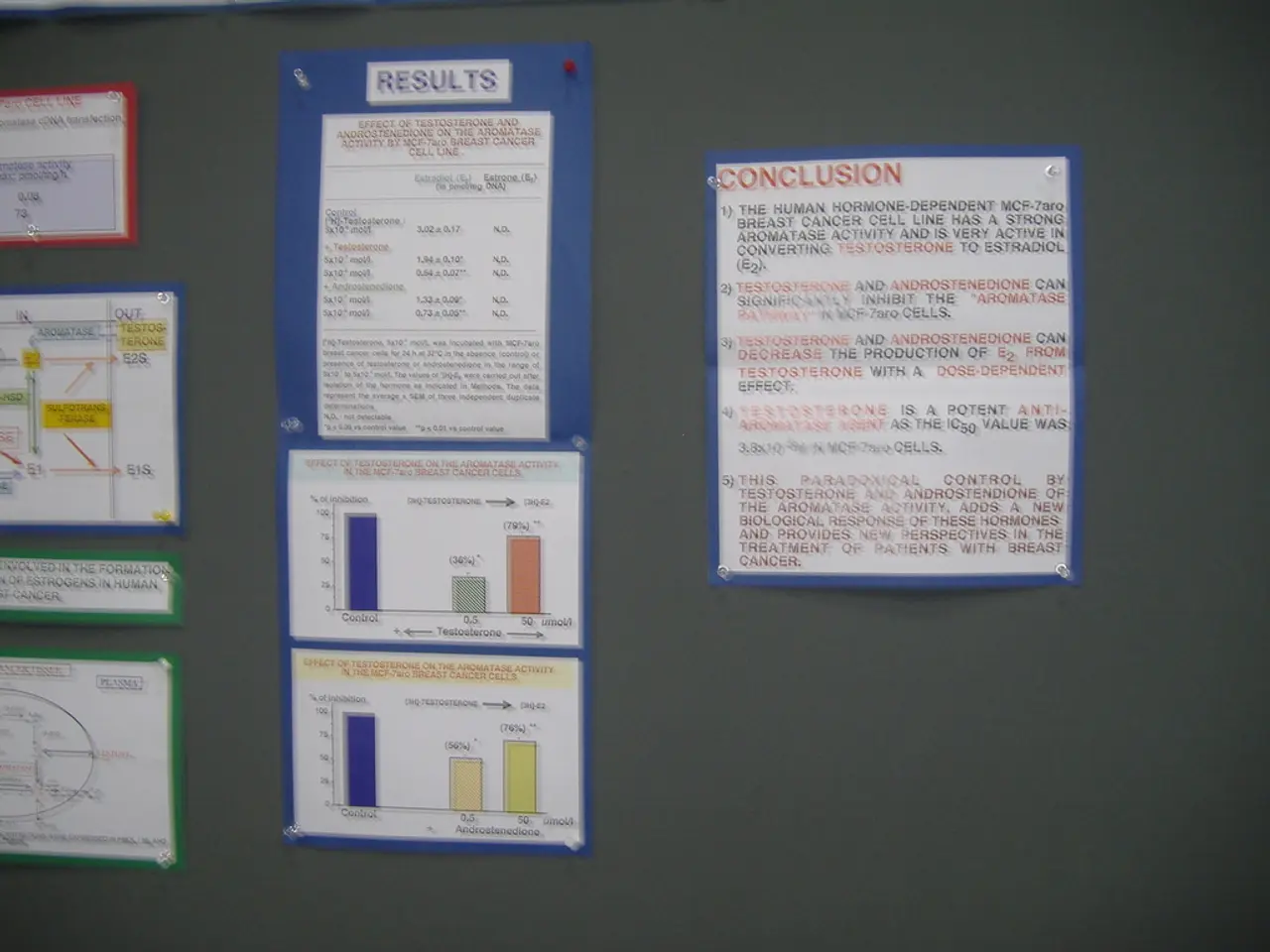British pension funds frequently disregard impact reports in their investment decisions, according to research
The UK pension sector is being called upon to reform its reporting and management practices to better address systemic risks like climate change, as highlighted in the new report titled 'Impact Integration: advancing reporting & management practices in pension funds' by Pensions for Purpose and Impact Frontiers.
The report recommends adopting the Impact Performance Reporting Norms and the Operating Principles for Impact Management as key frameworks to improve the credibility and usability of impact reports. These frameworks aim to ensure reports enhance understanding rather than obscure trade-offs or exaggerate impact, thereby addressing issues related to low confidence, limited impact literacy, and greenwashing risks.
Bruna Bauer, research manager for Pensions for Purpose, emphasized that pension funds should read impact reports, assess their relevance, build stronger internal understanding of impact, and use reporting as a basis for questions, feedback, and accountability. This approach is crucial for moving beyond box-ticking and ensuring that reports serve their primary purpose - to help asset owners make informed decisions, not to function as marketing materials with another name.
The report found that most UK pension funds do not fully engage with impact reports or use them to inform investment decisions. To address this, a Community Interest Group (CIG) aimed at improving impact literacy is set to launch in August. Asset owners backing the new initiative include PGGM, Smart Pension, South Yorkshire Pensions Authority, Tyne and Wear Pension Fund, and Wiltshire Pension Fund.
Bauer also suggested that asset managers should balance standardization with flexibility when improving reports. Reports should be concise, materially relevant, and link impact to financial performance, especially for funds with goals like net zero. To provide a balanced view, asset managers should go beyond selective case studies and include trade-offs and unintended outcomes.
In a separate development, British International Investment has allocated $50 million to boost Vietnam's green transition. Meanwhile, the Oxford University spinoff raises $55m for earlier detection of heart failure, and APG has invested €560m in Octopus Australia renewables platform.
To meet goals like net-zero, there needs to be a broader systemic change in regulation and fiduciary duty frameworks, according to Bauer. The new report underscores the need for broader reform to ensure systemic risks like climate change are recognized as financially material. Pensions for Purpose, along with ShareAction, have been advocating for this recognition and appropriate reflection in fiduciary duty.
By adopting these recommendations and frameworks, the UK pension sector can enhance the quality and usefulness of impact reports in investment decision-making processes, ultimately contributing to the achievement of long-term goals such as net-zero emissions.
- To address systemic risks like climate change, the UK pension sector is urged to adopt and implement the Impact Performance Reporting Norms and the Operating Principles for Impact Management, as recommended in the new report 'Impact Integration'.
- Bruna Bauer, research manager for Pensions for Purpose, advocates for pension funds to assess the relevance of impact reports, build their internal understanding of impact, and use them as a basis for questions, feedback, and accountability, moving beyond mere box-ticking.
- Aiming to improve impact literacy, a Community Interest Group (CIG) is set to launch in August, backed by asset owners such as PGGM, Smart Pension, South Yorkshire Pensions Authority, Tyne and Wear Pension Fund, and Wiltshire Pension Fund.
- To contribute to the achievement of long-term goals like net-zero emissions, the UK pension sector can enhance the quality and usefulness of impact reports in investment decision-making processes by adopting these recommendations and frameworks, as highlighted in the 'Impact Integration' report.




